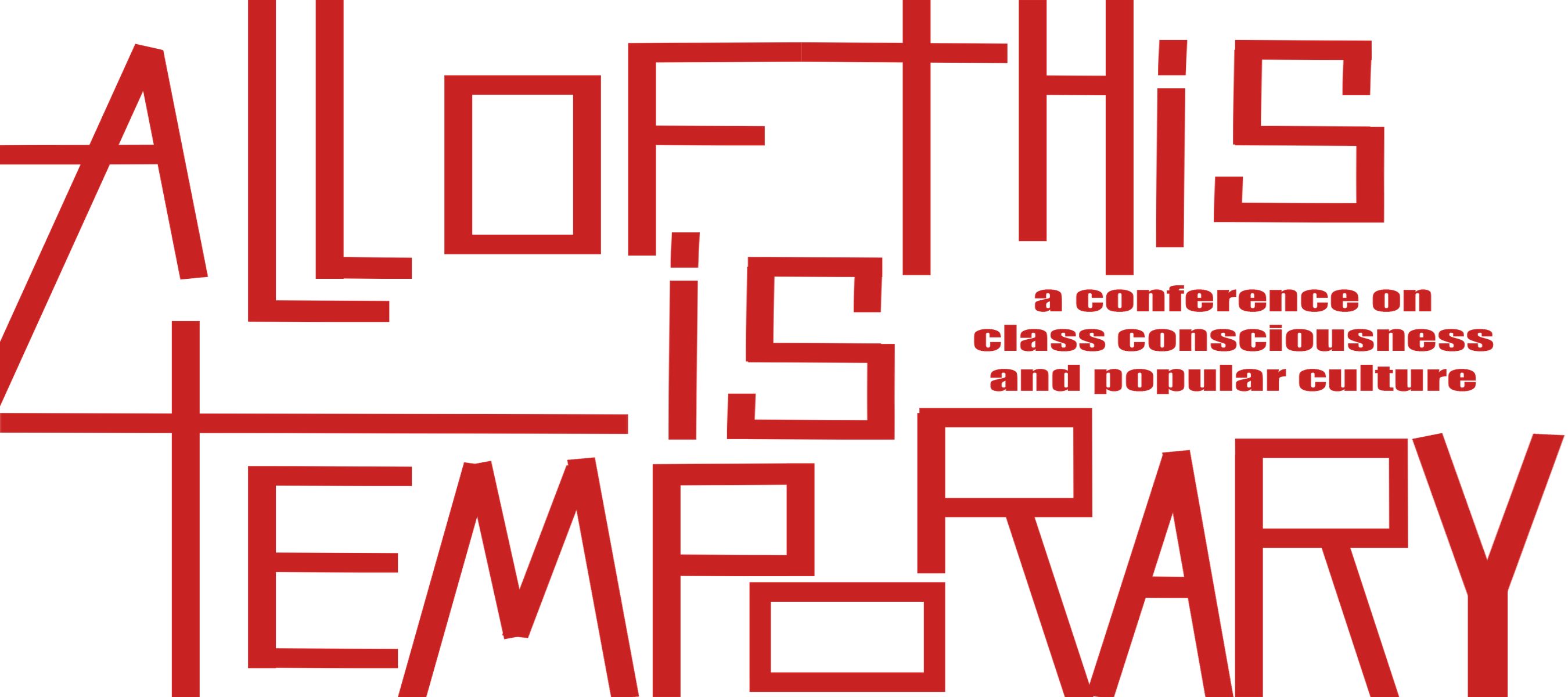FIRE Employment and Class Politics in the United States and the United Kingdom: 1980-Present
Start Date
15-4-2023 11:30 AM
End Date
15-4-2023 12:15 PM
Description
The "financialization" literature has highlighted spectacular growth in finance, insurance and real estate (FIRE) profits over the past several decades. Scholars generally argue that these profits consist largely of economic rent and that such rent is not shared equally across classes. We might then expect FIRE employment to increase support for policies which protect FIRE rents and for class to moderate such effects, but few studies have tested this. This is potentially of interest to scholars of changes in class politics over the past several decades who have heretofore largely ignored financialization. I analyze survey data from the United States and United Kingdom and find that those in FIRE are more conservative on a variety of issues, especially owners and skilled/professional workers. I also present evidence that differences in some attitudes are caused by FIRE employment rather than selection.
FIRE Employment and Class Politics in the United States and the United Kingdom: 1980-Present
The "financialization" literature has highlighted spectacular growth in finance, insurance and real estate (FIRE) profits over the past several decades. Scholars generally argue that these profits consist largely of economic rent and that such rent is not shared equally across classes. We might then expect FIRE employment to increase support for policies which protect FIRE rents and for class to moderate such effects, but few studies have tested this. This is potentially of interest to scholars of changes in class politics over the past several decades who have heretofore largely ignored financialization. I analyze survey data from the United States and United Kingdom and find that those in FIRE are more conservative on a variety of issues, especially owners and skilled/professional workers. I also present evidence that differences in some attitudes are caused by FIRE employment rather than selection.


